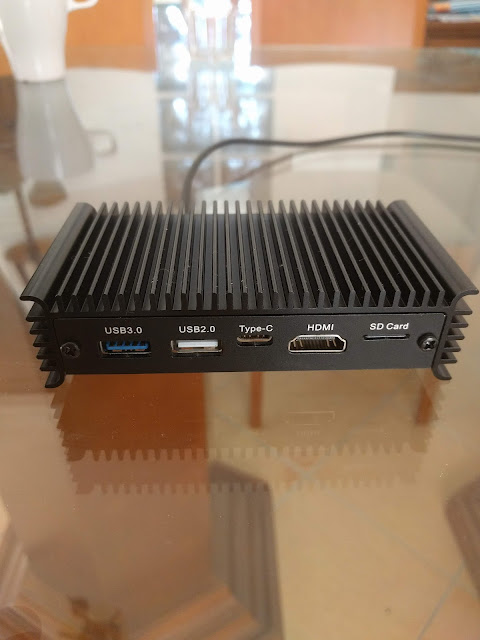Custom kernel compilation
Compilation of the upstream kernel Yes, I'm serious, the rock960 is supported mainline (without the graphics obviously). Well to be exact, all the bits are in the soc maintainer tree and will be merged for 4.21. But until then, you should use the arm-soc tree, or mmind tree with the for-next branch (Dec, 22 2018). Build the kernel: make ARCH=arm64 menuconfig make ARCH=arm64 CROSS_COMPILE=aarch64-linux-gnu- -j 12 Image dtbs Generate the image: Create the configuration file rock960-rk3399-kernel.its with the following content: /dts-v1/; / { description = "Mainline kernel image with one or more FDT blobs"; #address-cells = <1>; images { kernel@1 { description = "Mainline kernel"; data = /incbin/("./arch/arm64/boot/Image"); type = "kernel"; arch = "arm64"; os = "linux"; /* load = <0x2080000>; entry = <0x2080000>; */ load =...
